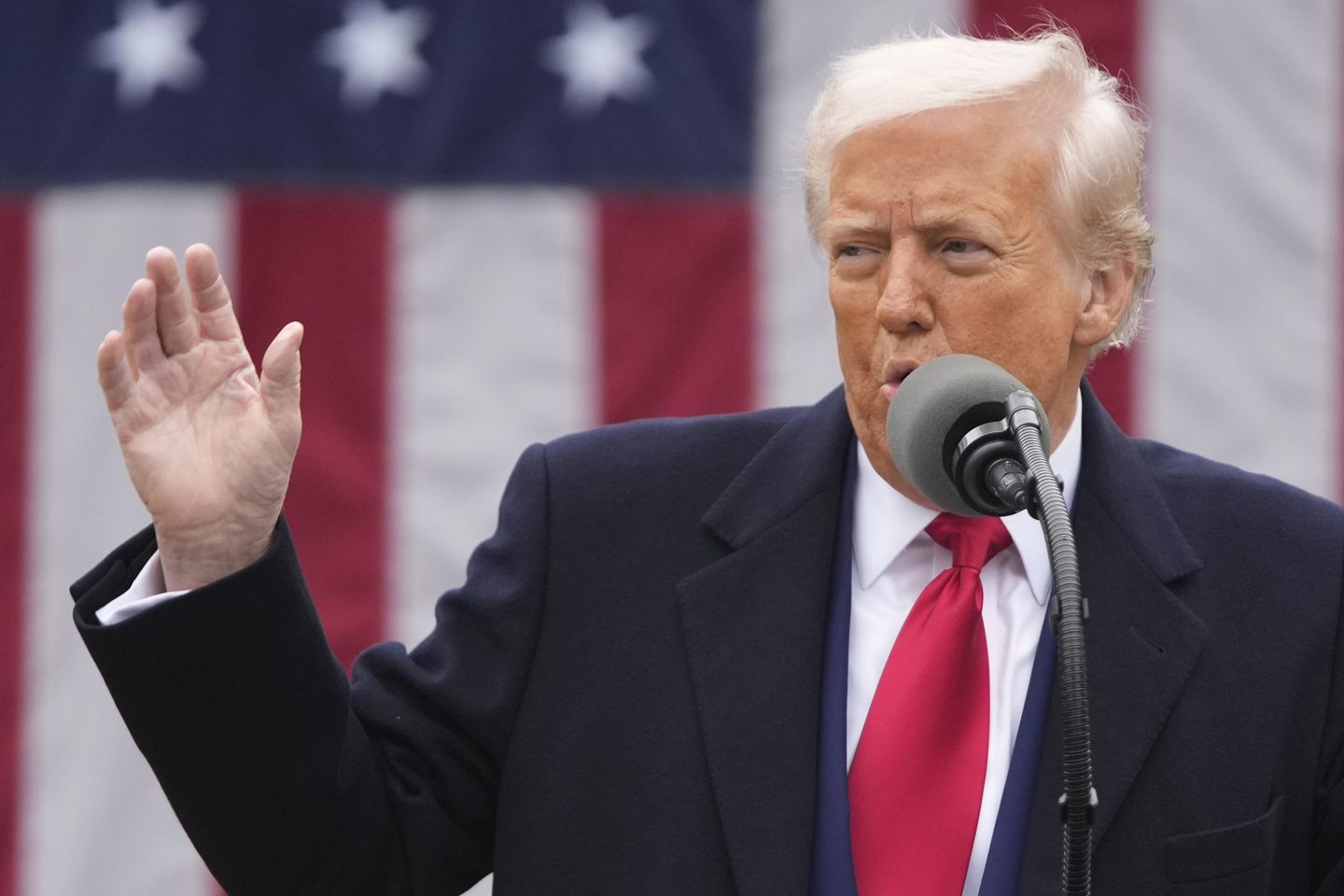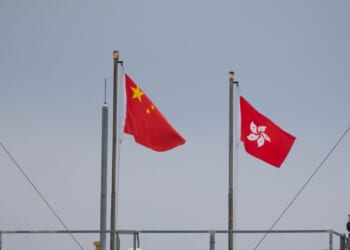
President Trump’s new tariff policy has triggered significant backlash both domestically and internationally. The plan imposes a 10% baseline tariff on all imports, with higher rates for specific countries, particularly in Asia. China faces a 34% tariff, Vietnam 46%, Japan 24%, South Korea 25%, and Taiwan 32%.
The stock market reacted negatively, with the Dow Jones dropping nearly 4%, the S&P 500 falling 4.8%, and the Nasdaq declining almost 6% – marking the worst trading day since 2020. Global leaders condemned the tariffs, with French President Emmanuel Macron urging European nations to fight them and German Chancellor Olaf Scholz calling the decision “fundamentally wrong.”
Mr. Trump and his administration defended the policy, claiming it will benefit American workers and manufacturing. The president predicted economic growth and increased manufacturing as companies relocate to the U.S. Vice President J.D. Vance acknowledged short-term challenges but argued they’re necessary to fix a “globalist” economy that has prioritized elites over American workers.
Commerce Secretary Howard Lutnick stated the policy aims to ensure fairness in global trade, while Agriculture Secretary Brooke Rollins suggested the uncertainty would be short-lived before returning to prosperity.
Congressional response has been divided. Some Republicans like Sens. Bernie Moreno and Tim Sheehy supported the move, while others, including Senate Minority Leader Mitch McConnell, expressed concern about potential harm to working Americans. Democratic senators criticized the tariffs, with Senator Charles Schumer calling them a “massive tax hike” and Senator Christopher Murphy suggesting they’re being used as a political tool to secure industry loyalty.
Bipartisan legislation called the Trade Review Act of 2025 has been introduced to reassert Congressional authority over tariffs, requiring Congressional approval within 60 days for new tariffs to remain in effect.
Industry associations responded cautiously. The American Apparel & Footwear Association warned of potential burdens on businesses and families, while the National Council of Textile Organizations praised aspects of the policy, particularly closing loopholes that benefit Chinese producers.
While Canada and Mexico were exempted from the new tariffs, they remain subject to previous steel, aluminum, and car tariffs. The plan exempts copper, pharmaceuticals, semiconductors, lumber, certain minerals, and energy products.
Read more: White House defends tariff plan amid global leaders’ uproar, Wall Street crash
This article is written with the assistance of generative artificial intelligence based solely on Washington Times original reporting and wire services. For more information, please read our AI policy or contact Ann Wog, Managing Editor for Digital, at awog@washingtontimes.com
The Washington Times AI Ethics Newsroom Committee can be reached at aispotlight@washingtontimes.com.







![‘We All Owe Him (Elon) a Huge Debt of Gratitude’ [WATCH]](https://www.right2024.com/wp-content/uploads/2025/03/‘We-All-Owe-Him-Elon-a-Huge-Debt-of-Gratitude-350x250.jpg)

![Trump's Admin Guts Another ‘Rogue Government Agency with Zero Accountability’ [WATCH]](https://www.right2024.com/wp-content/uploads/2025/03/Trumps-Admin-Guts-Another-‘Rogue-Government-Agency-with-Zero-Accountability-350x250.jpg)







